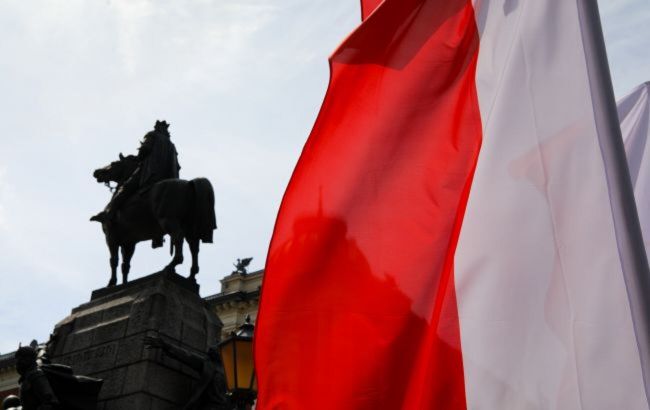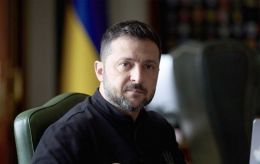Polish and Hungarian ministers clash over Ukraine
 Illustrative photo: Polish and Hungarian ministers clashed over Ukraine (Getty Images)
Illustrative photo: Polish and Hungarian ministers clashed over Ukraine (Getty Images)
A Polish court’s decision to refuse the extradition of a Ukrainian national suspected by Germany of involvement in the sabotage of the Nord Stream gas pipelines has sparked a sharp dispute between the foreign ministers of Hungary and Poland, according to Hungarian Foreign Minister Péter Szijjártó’s post on social media platform X, where he retweeted a statement by the Polish prime minister.
The foreign ministers of Hungary and Poland, Péter Szijjártó and Radosław Sikorski, engaged in a public dispute following Warsaw’s decision not to extradite to Germany a Ukrainian national whom Berlin suspects of involvement in the sabotage of the Nord Stream gas pipelines.
Szijjártó, commenting on the situation on social media platform X, retweeted a post by the Polish prime minister about the release of the suspect and called the decision "scandalous." He said that Poland’s actions create a dangerous precedent in Europe:
"According to Poland, if you don’t like an infrastructure in Europe, you can blow it up. With this, they gave advance permission for terrorist attacks in Europe. Poland has not only released but is celebrating a terrorist—this is what European rule of law has come to."
In response, Sikorski wrote:
"No, Peter. When a foreign aggressor is bombing your country you may legitimately strike back by sabotaging the aggressor’s ability to finance the war. It is called self-defence."
Court decision and defense arguments
On October 17, the Warsaw District Court refused to extradite Volodymyr Zhuravlov to Germany. The court also lifted his temporary detention, allowing the suspect to remain free during further proceedings.
According to the judge, the German side provided insufficient evidence. He emphasized that the documents received from Germany contained only formal information and could "fit on one A4 page."
Nord Stream explosions
During the night of September 26, 2022, three of the four lines of the Nord Stream 1 and Nord Stream 2 gas pipelines were destroyed by explosions on the floor of the Baltic Sea. At the time of the incident, they were not operational but remained filled with technical gas.
Poland and Ukraine blamed Russia for the sabotage, while Moscow denied involvement and accused the "Anglo-Saxons" of orchestrating it.
The Ukrainian government has repeatedly stressed that it had nothing to do with the blasts. Presidential adviser Mykhailo Podolyak said that Kyiv did not participate in such actions. In June 2023, President Volodymyr Zelenskyy also reaffirmed:
"I am the president, and I issue the relevant orders. Ukraine did nothing of the sort. I would never act that way."
Polish intelligence services have recently recorded a sharp increase in cyberattacks on critical infrastructure, which, according to Warsaw, are being carried out by Russia. It is reported that Moscow has significantly strengthened its military intelligence capabilities, tripling the resources devoted to such operations.
Poland, for its part, advocates that neighboring states be allowed to intercept Russian missiles and drones aimed at Ukraine, but emphasizes that such actions are possible only with approval at the NATO level.

